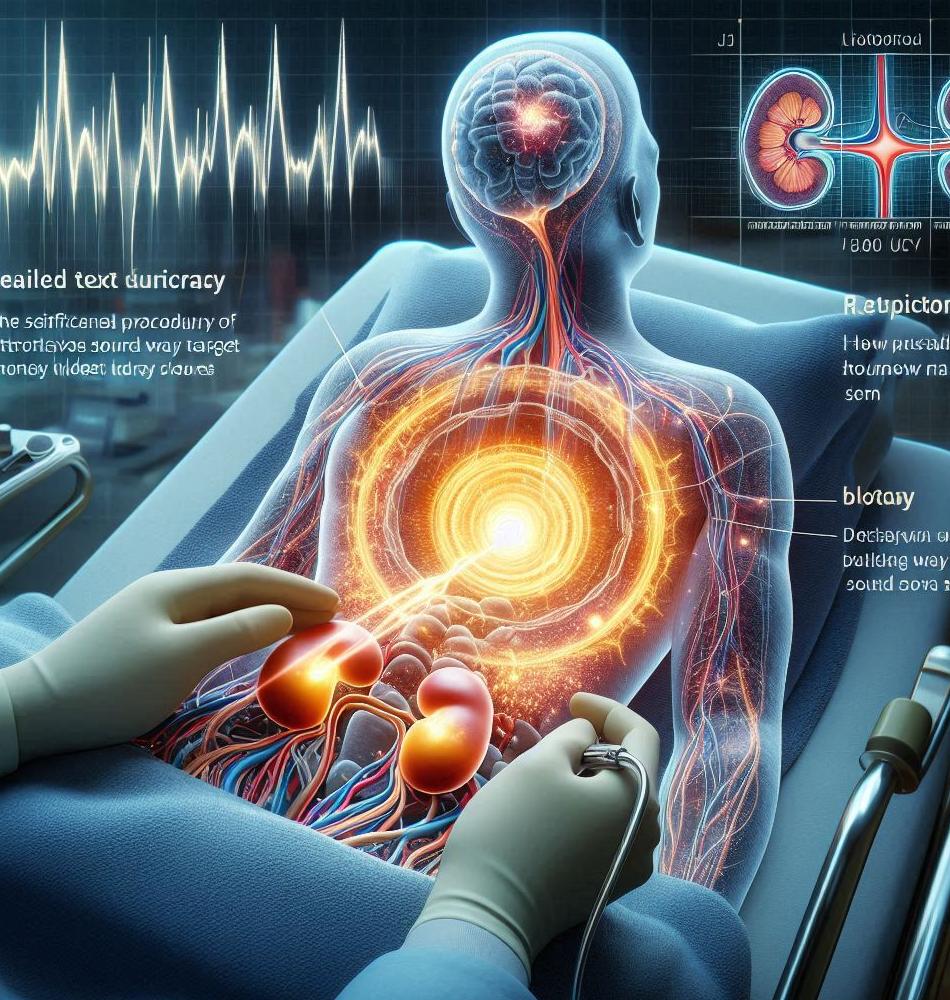Kidney stones are often a source of excruciating pain, leading many to seek quick relief. These tiny yet mighty stones, usually composed of minerals and salts, can tear through the tranquil life we lead, turning it into a rollercoaster ride of discomfort. As more people find themselves grappling with this medical concern, it's crucial to discuss kidney stone treatment strategies that can help soothe the symptoms and prevent future occurrences. So, prepare yourself as we delve into everything you need to know about treating kidney stones.
Understanding Kidney Stones: What Are They? 🧬
Before diving headfirst into treatment options, let’s explore what kidney stones really are. These hard deposits, shaped like small pebbles, form inside your kidneys when excess substances such as calcium, oxalate, and uric acid build up and crystallize.
Types of Kidney Stones 🔍
Not all kidney stones are created equal. Understanding the different types can provide better insight into your treatment plan.
- Calcium Stones: Most common type, formed from calcium oxalate or calcium phosphate.
- Struvite Stones: Often caused by infections, these stones can grow quickly.
- Uric Acid Stones: Formed from excess uric acid, these stones are more prevalent in those with gout or high protein diets.
- Cystine Stones: Rare and genetic, caused by a disorder that affects amino acid processing.
Recognizing the Symptoms 🚨
Identifying kidney stones often begins with recognizing the symptoms. The pain is often referred to as one of the most intense physical experiences known. Here are some common signs:
- Sharp pain in the lower back or side
- Pain during urination
- Blood in urine
- Nausea and vomiting
- Increased need to urinate
Dietary Interventions: A First Line of Defense 🥦
Diet plays a significant role in preventing and managing kidney stones. The following dietary changes can make a tangible difference:
Hydration is Key 💧
Staying well-hydrated dilutes your urine, thereby preventing stone formation. Aim to drink 2 to 3 liters of water daily.
Calcium Intake ⚖️
Contrary to popular belief, a balanced intake of calcium is essential. Low-calcium diets can lead to more stones. Consume calcium-rich foods but avoid excessive supplements.
Limiting Oxalate-Heavy Foods ⚠️
For those prone to calcium oxalate stones, reduce intake of:
- Spinach
- Beets
- Nuts
- Chocolate
- Tea
Moderation in Protein Sources 🍖
A high-protein diet can increase uric acid levels. Instead, balance your intake by including plant-based protein sources.
Medical Treatments: When Home Remedies Aren't Enough 🚑
Sometimes dietary strategies alone are not enough to deal with the severity of kidney stones. Here are some effective medical interventions that can help:
Pain Management 💊
Over-the-counter pain relief medications can help ease discomfort as stones pass. Options include:
- Ibuprofen
- Acetaminophen
- Naproxen
Medications to Facilitate Stone Passage 💉
Your doctor may prescribe medications that help relax the muscles in your ureters, making it easier for stones to pass.
Shock Wave Lithotripsy (SWL) ⚡
This non-invasive procedure uses sound waves to break down large stones into smaller pieces, assisting in easier passage.
Ureteroscopy 🛠️
Involves inserting a thin tube through the urethra and bladder into the ureter to remove or break up stones using laser technology.
Open Surgery or Percutaneous Nephrolithotomy 🚪
In extreme cases, when stones are very large or in a difficult location, these surgical options may become necessary.
Prevention: Steps to Keep Stone-Free 🏃♀️
Once you've tackled the immediate concern of kidney stones, the next step is prevention. Here are some effective strategies:
- Stay hydrated consistently
- Maintain a balanced diet
- Limit salt intake
- Engage in regular physical activity
- Consult a healthcare provider for a personalized plan
Frequently Asked Questions about Kidney Stone Treatment ❓
Let's wrap it up by addressing some common queries regarding kidney stones.
- What increases my risk of kidney stones?
- Are there specific foods I should avoid?
- How long does recovery take after treatment?
- Can kidney stones recur, and if so, how often?
- Are there symptoms that require immediate medical attention?
Conclusion: Tackling Kidney Stones Head-On 🔚
Kidney stones can disrupt your life, but with the right comprehension and a proactive treatment approach, they can be effectively managed. From the initial diagnosis and dietary shifts to medical treatments, identifying the best strategy is crucial for your well-being. Armed with the knowledge of kidney stone treatment options and preventive measures, you are now prepared to tackle this challenge head-on. So, whether you are currently dealing with a painful stone or looking to prevent future episodes, remember that help is available, and you're not alone in this journey. Here's to a future with less discomfort and more wellness!


